It figures that Australians should write great plays about sport because we are exceptionally – some people would say excessively – good at it as befits a one-time dominion country fated for wealth and largesse but with no form of self-generated entertainment as big-time as kicking a ball around apart from the comparable mastery of cricket and swimming. And so we have had masterpieces like Brendan Cowell’s The Sublime and Australian classics like David Williamson’s The Club (forever accessible because of the way Bruce Beresford’s film preserves its idiom helped enormously by performances like the great Frank Wilson’s). And now we seem to have another one in Nathan Maynard’s 37.
The title comes from the number worn by the great football star Adam Goodes and the piteous consequences of his own fierce battle with the racism he was enveloped by. Much is made in 37 of the fact that the original indigenous form of football marn-grook – which has at least a close family resemblance to the game so masterfully played by Polly Farmer and Michael Long – was not competitive but was played for the sake of the game. This has been disputed by Geoffrey Blainey and investigated by Martin Flanagan but it’s given an enriching background role in 37 because two Aboriginal cousins who come out of this culture, Jayma (Ngali Shaw) and Sonny (Tibian Wyles), are born to the great Australian game and are recruited by a club panting at the idea of the glory of a premiership.
Ngali Shaw is a beautiful-looking bloke whose histrionic skills and magnetism were on show in the TV streamer about a hair-raisingly problematic trial The Twelve with Sam Neill at the height of his powers as the defending silk and a cast that included Brooke Satchwell, Marta Dusseldorp and Kate Mulvany. Tibian Wyles is his comrade-in-arms in 37 and the play has enthralled audiences by the way in which it presents the shadow of racism in a natural (and in some ways naturally ambivalent) context.
The captain of the team is played by that superb actor Ben O’Toole and the play is essentially an examination of the different levels of prejudice and mere guys’ talk in a locker room set-up.
Isaac Drandic elicits from his actors a very credible semblance of both athleticism and dumb-arsed masculinity of the ‘boys will be boys’ variety which amid all the joshing and testosterone reek can so easily blend into ‘forgive them for they know not what they do’.
On the other hand you don’t have to be Donald Trump to say that locker rooms are just locker rooms. There are memories of the eminent barrister and later President of the Victorian Court of Appeal John Winneke being described as the roughest-tongued, foulest-mouthed man in sight but no woman ever heard him put a word out of place. Or a foot: he was a ruckman in the 1961 grand final which saw Hawthorn winning its first flag and Winneke was integral to that victory for the voters of Kooyong when Australian rules football was still tribal and local.
37 has a shimmering ambivalence on the face of it – not that there is any doubting the aroma of prejudice that is central to the locker-room antics – which appertains to its specific gravity and guiltiness. Isaac Drandic captures with a lithe brilliance and a pretty dazzling masculine splendour a way of presenting the balletic quality of these footballers. Ngali Shaw won the Aboriginal Model Search competition in 2018 and then the Aacta’s inaugural Brian Walsh Award for best emerging talent (funded by Nicole Kidman) in February this year and his physical beauty makes any suspicion of diversity look inane and fortunately the grace of his acting skills is equal to his looks. But the rage and the pain, the tragic sense of dislocation and derogation that ate away at Adam Goodes seem to be part of what gives 37 its depth as well as its dialectical high marking.
It’s a long time now since Bob Fosse did Chicago (1975) on Broadway with Gwen Verdon as Roxie and Chita Rivera as Velma but the new production at Melbourne’s Her Majesty’s Theatre shows its undying versatility. With its hovering shadows of murder and execution it’s a dark show which is made luminous by the tunes of which ‘All That Jazz’ is the most famous. This production has the orchestra on stage and the action taking place in an angled space around them. This suits the rigorous stylisation of Fosse’s original choreography which is reproduced here.
Zoë Ventoura – in the Chita Rivera role (or if you like, the Catherine Zeta-Jones one) – is matched with Lucy Maunder’s Roxie (in the film played by Renee Zellweger) and they are a study in different typologies, very complementary and contrasted. The warden Mama Morton in huge voice is played by Asabi Goodman.
This is a cool, very aesthetically adept and vigorous Chicago that highlights the iniquity and the flaunting of murder as a key to stardom in the bad old days of gangster Chicago. Does it restore the Jacobean quality of Fosse’s original? Anthony Warlow as the lawyer Billy Quinn is at a discernible distance from Richard Gere’s all smoothness and softly modulated patter: he’s a tough customer from a tough world.
But the audience testifies to the glamour of this production and to the supreme authority of the dancing which took away people’s breath with its sheer authority and extroverted discipline. There are productions of Chicago that allow for an extra inch of human feeling but can you complain when a production is lustily sung and magnificently danced?
Besides, there is a quaintness and a pitiable human quality in Peter Rowsthorn as Roxie’s husband Amos. And the veteran of Kath and Kim is a sight for – well not sore – but dazzled eyes.
If you want to see a production of Chicago with an all-but-militarised magnificence this one is for you.
Sarah Snook is completing a London run of The Picture of Dorian Gray. She’s famous for playing Shiv in Succession and you just hope this gig is followed by some of the great roles: Hedda Gabler, Lady Macbeth, Electra. An actor of Snook’s talents should be able to write her own tickets.
Got something to add? Join the discussion and comment below.
Get 10 issues for just $10
Subscribe to The Spectator Australia today for the next 10 magazine issues, plus full online access, for just $10.
You might disagree with half of it, but you’ll enjoy reading all of it. Try your first month for free, then just $2 a week for the remainder of your first year.

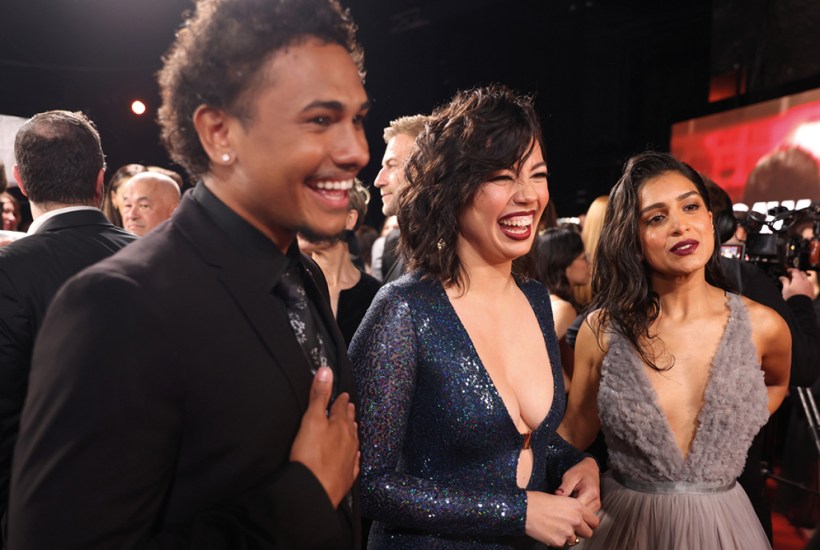
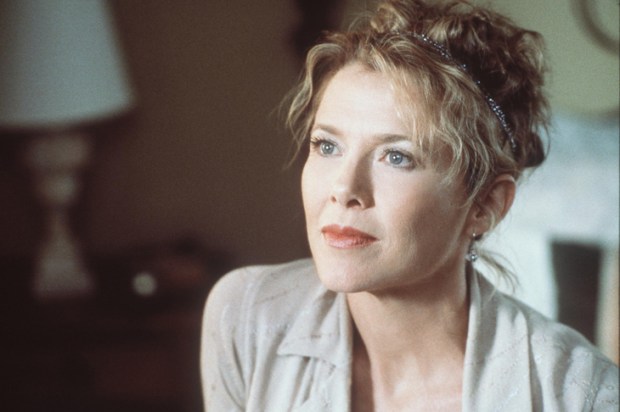
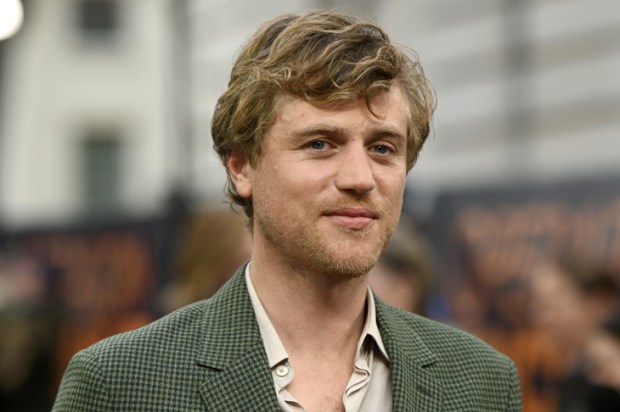
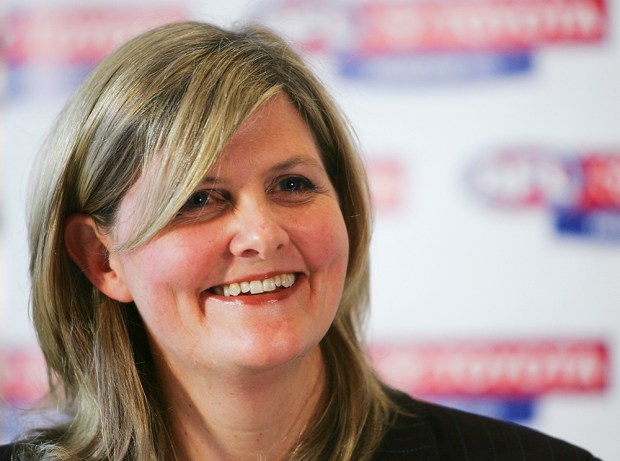
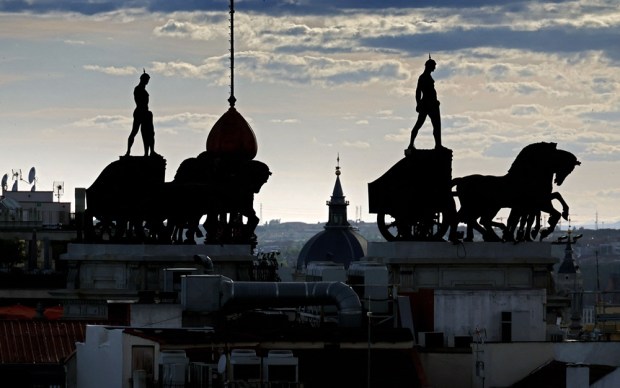








Comments
Don't miss out
Join the conversation with other Spectator Australia readers. Subscribe to leave a comment.
SUBSCRIBEAlready a subscriber? Log in